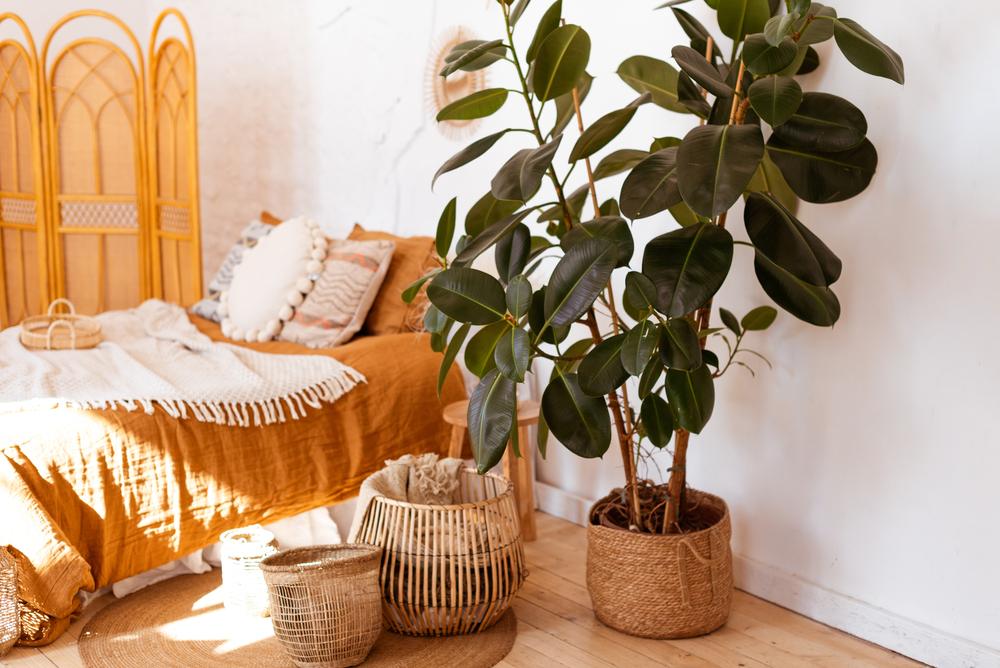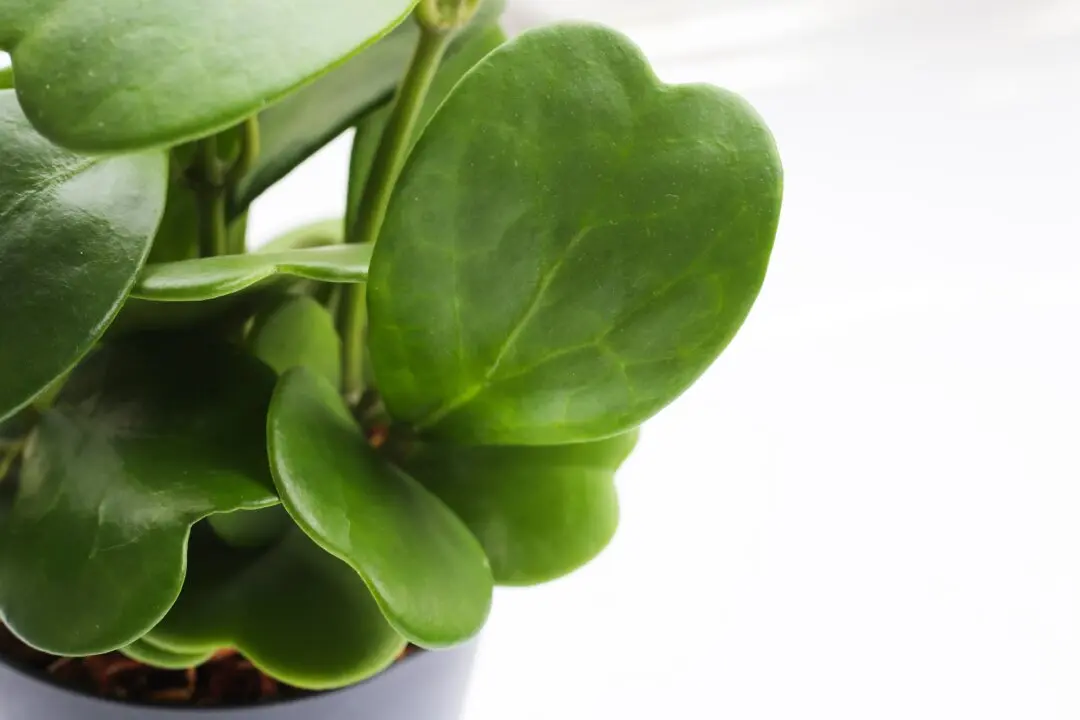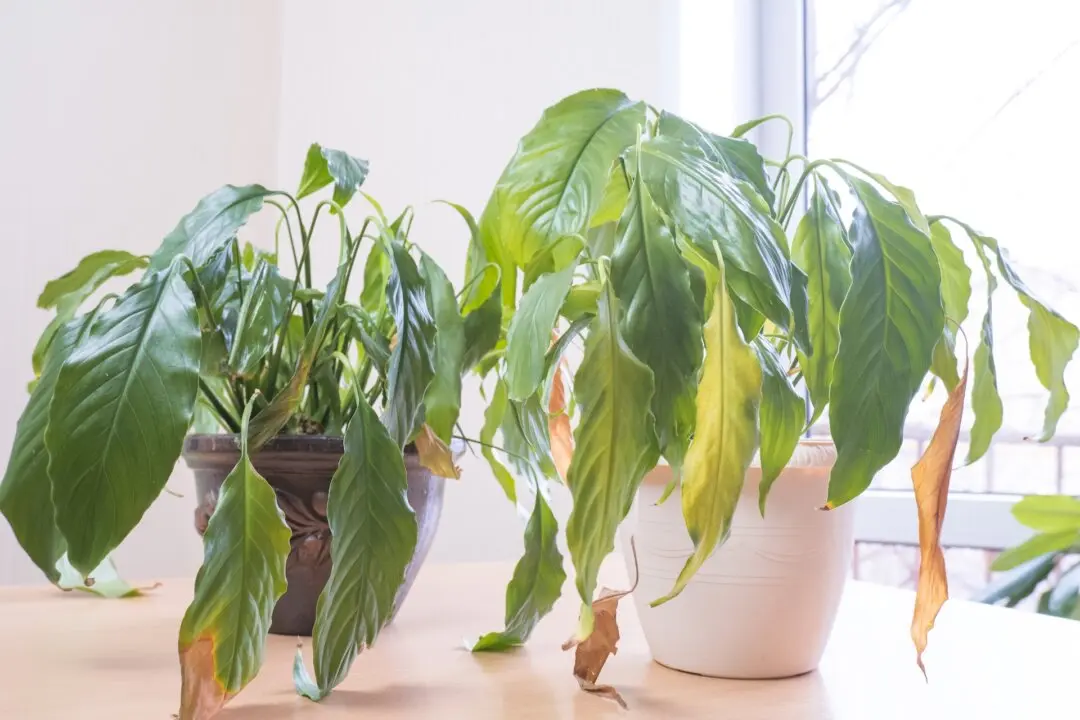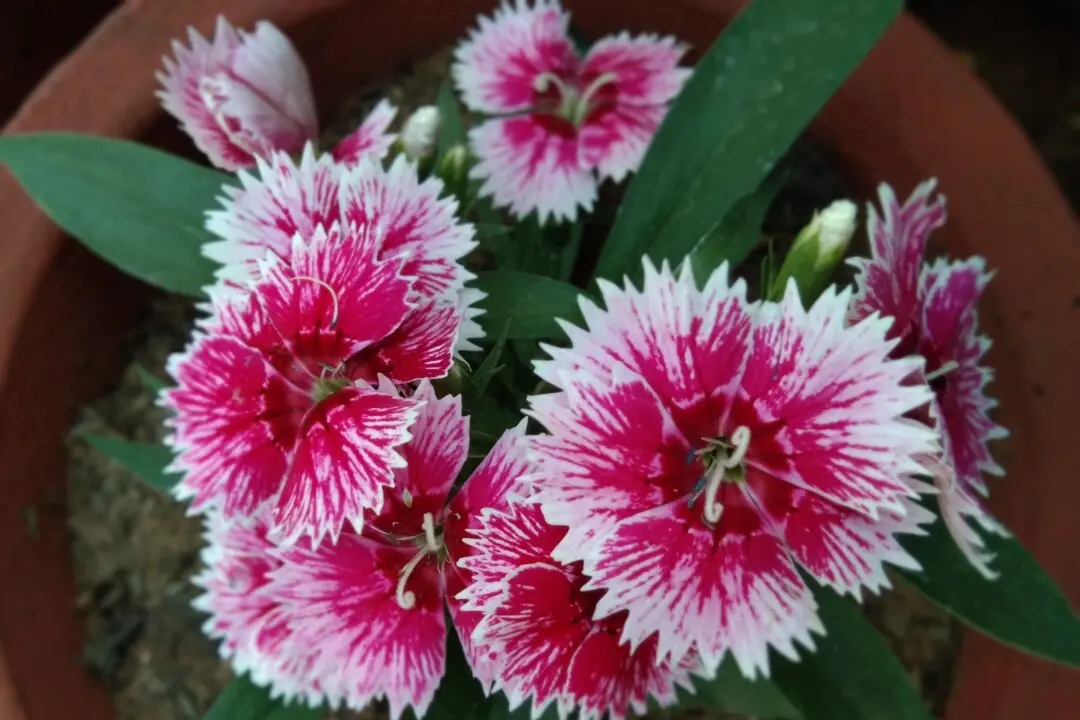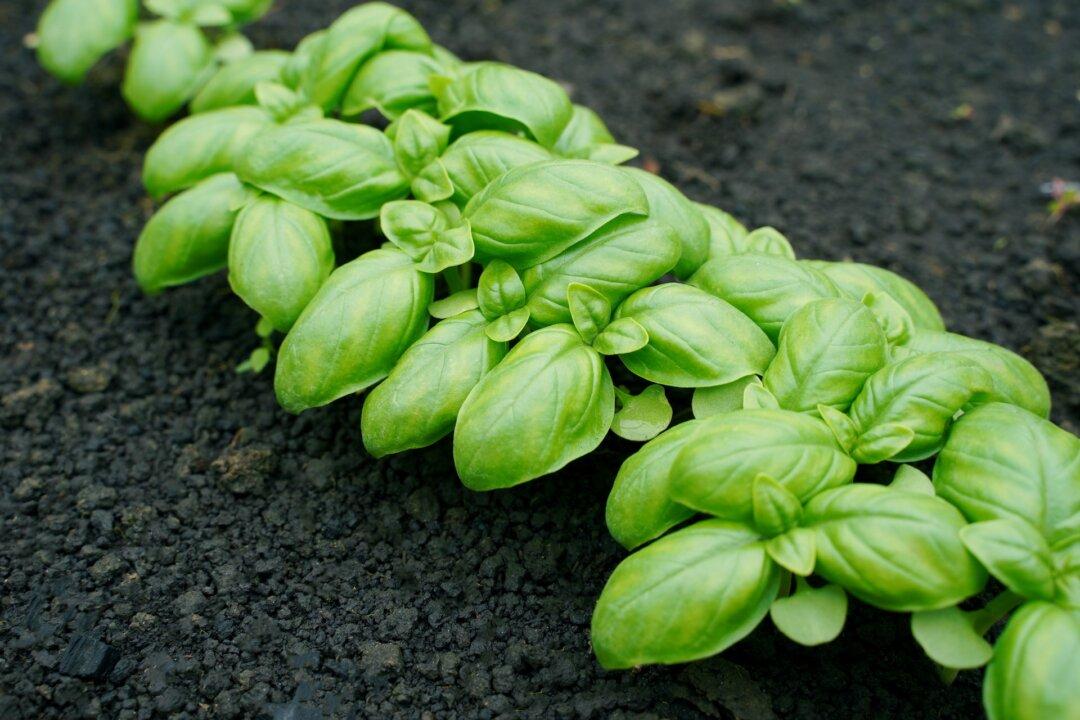You may not remember the 1959 Oscar-award-winning song titled “High Hopes” and sung by Frank Sinatra, but I do. Don’t worry; I won’t sing any of it. But here are some of the lyrics:
“Just what makes that little old ant think he‘ll move that rubber tree plant. / Anyone knows an ant can’t—move a rubber tree plant. / But he’s got high hopes; he’s got high hopes; he’s got high apple-pie-in-the-sky hopes. / So, any time you’re gettin’ low, ’stead of lettin' go, just remember that ant. / Oops, there goes another rubber tree plant. / Oops, there goes another rubber tree plant. / Oops, there goes another rubber tree plant.”

